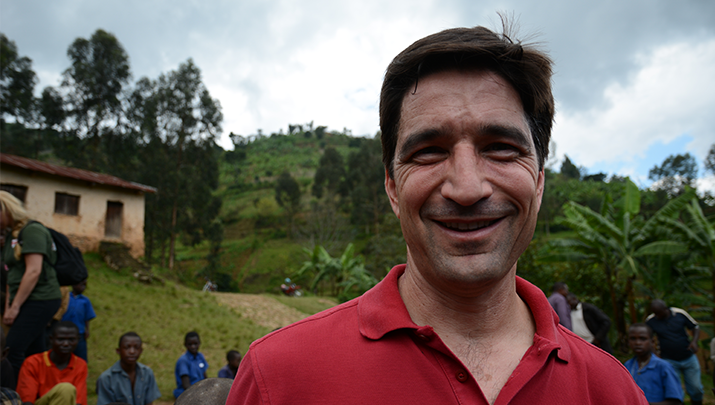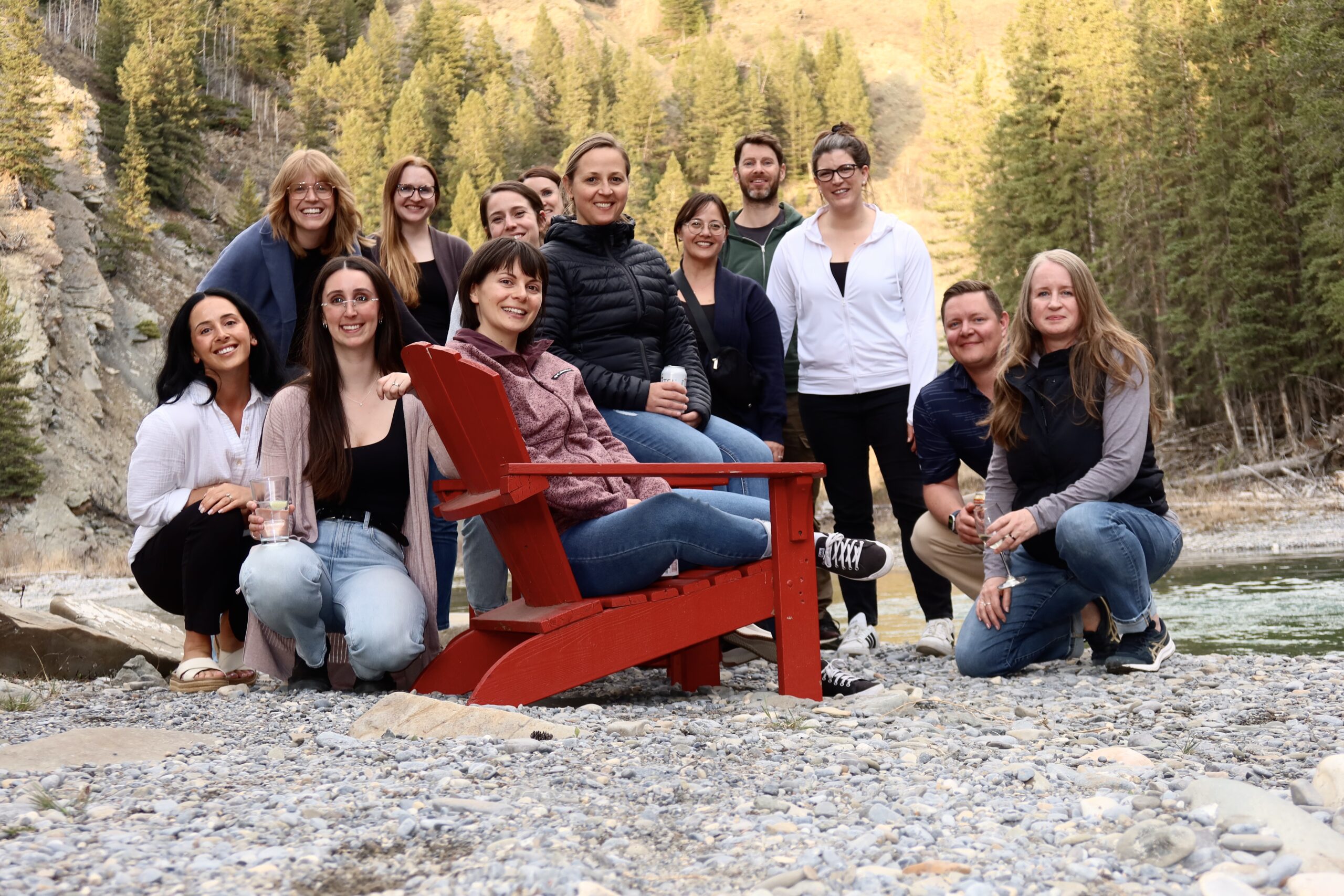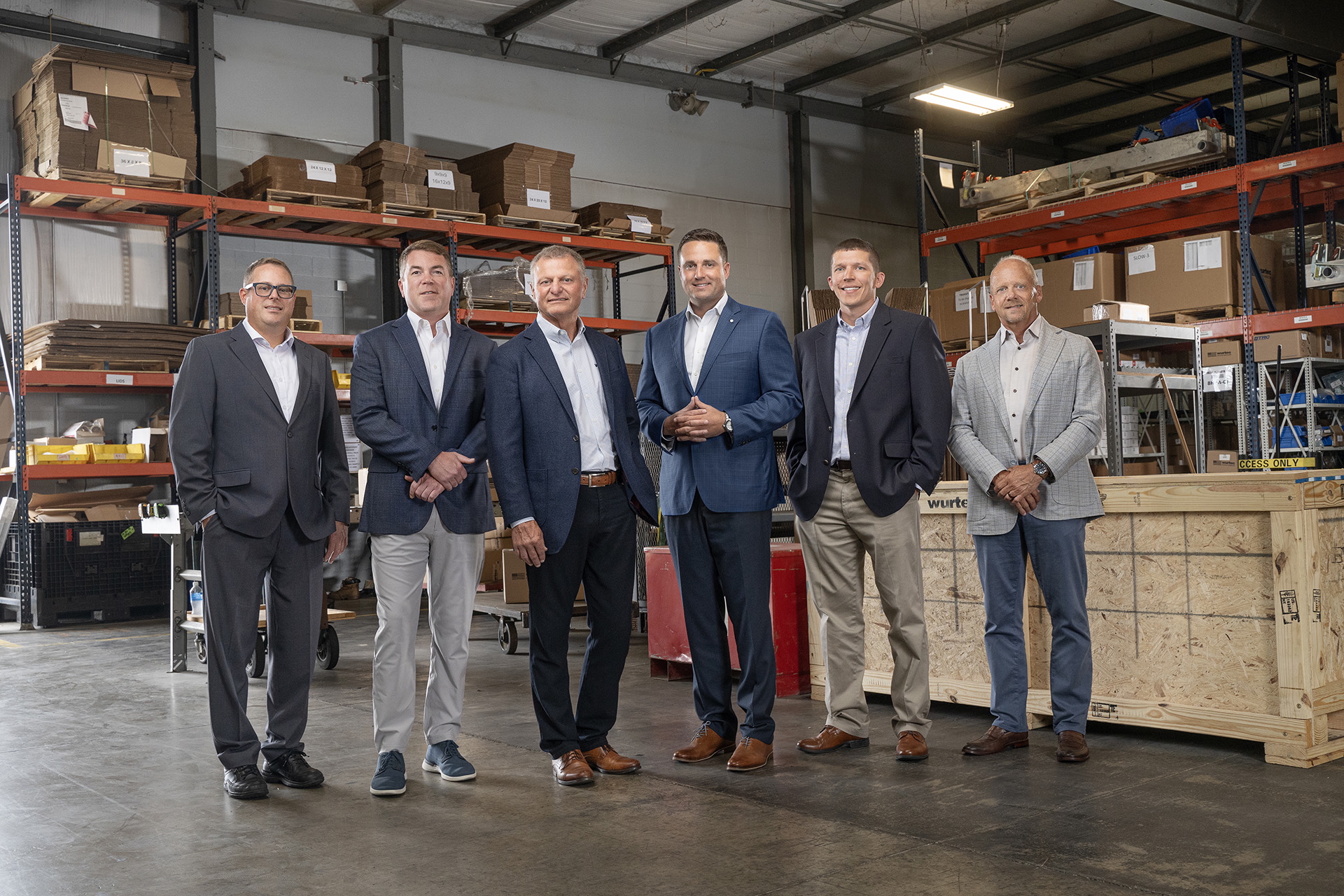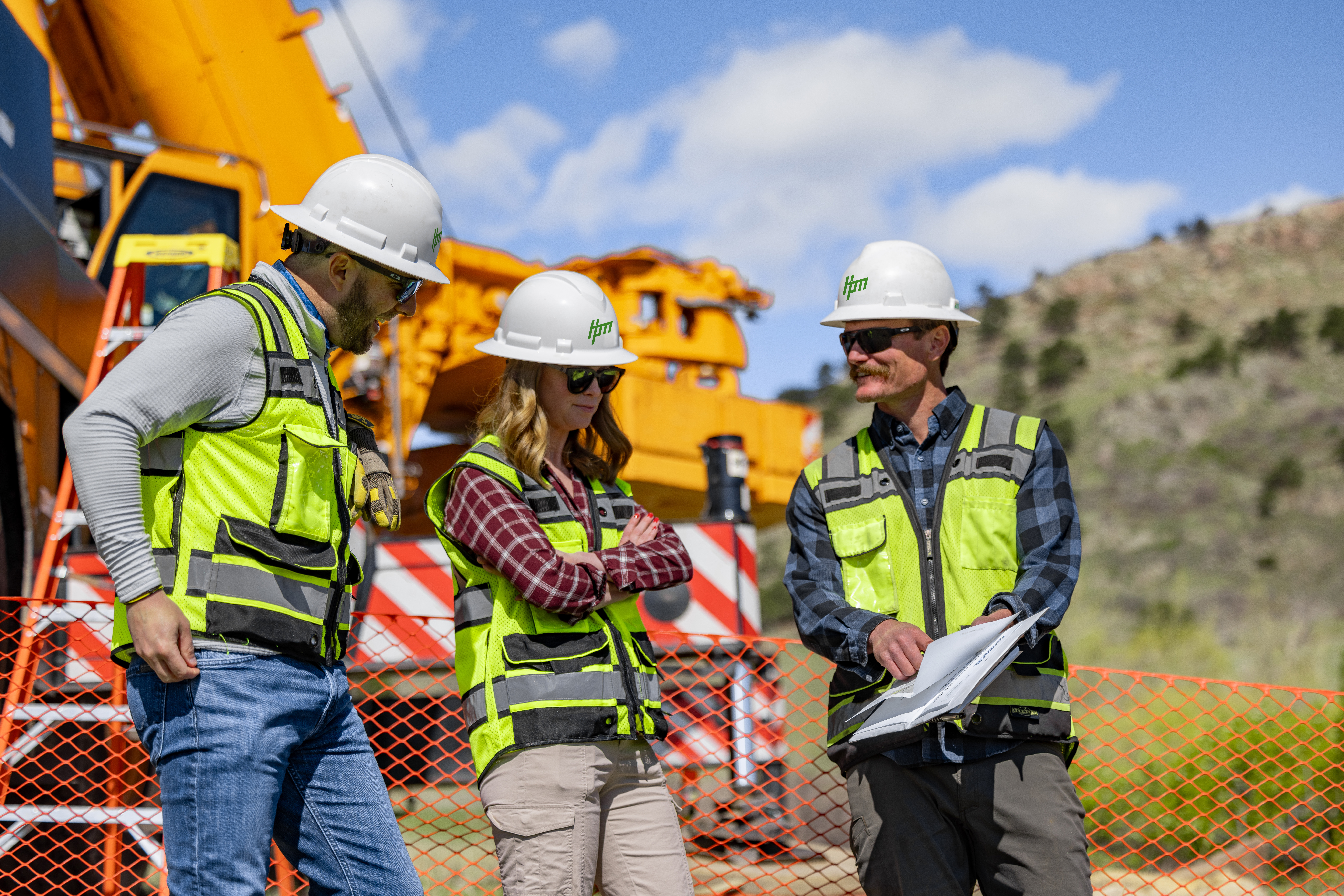

Encouraging My Employees to Take Risks Has Paid Off for My Evergreen Company
- Pierre Trapanese
- Northland Controls
Although I’m an introvert by nature, I’ve always worked hard to push myself outside of my comfort zone. I initially trained to be an engineer, but when I was 25 years old I switched paths and went to business school to become an entrepreneur instead. I spoke no Spanish, but when the opportunity arose in 2000 for me to move to Barcelona for my wife’s job, I gave up a partnership in a consulting company I co-founded and jumped at the life opportunity — a huge risk for someone saddled with a mountain of school debt just starting a family.
But those risks have always paid off.
In Barcelona, I pragmatically took up writing a manual on project management for the security industry (my entrepreneurial field when I was in the U.S.), but soon noticed there were no boutique hotels in one of Europe’s coolest cities. So I took a risk and tried to start a boutique hotel.
Meanwhile, one of my contacts from writing the project management manual was a California businessman who was running a 13-person security agency with no exit strategy. That contact led me to my greatest risk of all: In 2005, I told him to give me 100 percent control of the company on day one, and I would buy him out in 10 years.
This was the risk that would consume the rest of my professional life. I turned that business into Northland Controls, an Evergreen company that installs, integrates and manages security programs for companies around the world. We have 260 employees and will bring in $75 million this year. Much of our growth comes from Pragmatic Innovation. To spur that innovation, I’ve encouraged our people to take their own risks as often as possible.
When I first came on as CEO, I wasn’t sure how to instill a risk-taking ethos in a group of grown adults. Conference-room icebreakers didn’t seem quite right. Then, almost by accident, an employee showed me the way.
In 2008, I asked one of my technicians to go to India to oversee a project there. He was initially horrified by the poverty and seemed like a fish out of water. But within three days, he adapted so well that he would convince the tuk-tuk drivers to let him drive to the project site, with them in the back seat. At some point, he discovered that there was a 2,000-kilometer tuk-tuk race across the country, so I sponsored him to enter. It built his self-confidence and showed him that he could survive without any sort of technology. It also made him eager to explore the world on behalf of Northland. In one year he traveled to 25 countries.
This was just the beginning. I realized that trips and challenges like this communicate to our employees that Northland encourages and honors people who are willing to take huge risks. It has also helped us expand internationally as our employees have immersed themselves in other cultures in ways our competitors would never consider.
Since then, I have sent people to rural Uganda and Rwanda to help install solar panels, and to Armenia, the Nagorno-Karabakh Republic and Georgia to ride 4x4s in the Caucasus Mountains, as well as to the American Southwest to expose our folks to the American can-do spirit. We’re heading to Nepal in 2018. Of course, not everyone is up for a rugged trip to rural Africa — and I understand that. Recently we worked with GRID Alternatives on a “solarthon” day in the Bay Area, where 10 of our people installed solar panels for a low-income family in Menlo Park. We are now working with GRID Alternatives on a project every six months. All of these experiences, which often include a humanitarian aspect, are designed to encourage risk-taking.
Not only do these challenges, which are all voluntary, help our people step into uncomfortable situations and learn to expand their horizons — they also help them bond. Employees of all levels must work together as equals. It’s a really amazing experience that encourages everyone to trust each other.
It’s also helped us grow our company’s bottom line. After crossing the Caucasus, our appropriately risk-averse CFO took on the risk of building up our overhead, a painful decision that nonetheless has allowed us to scale up the rest of the business. After a tuk-tuk trip in India, my managers realized the importance of picking up a phone and talking to the locals rather than sending endless emails with instructions. That mindshift has translated to us having a stellar record for getting our work done on schedule in a country where deadlines are notoriously difficult to meet. And after trekking through Rwanda, one of our technicians was able to talk to and bond with colleagues from across the different disciplines in our company, and realized he wanted to be an application engineer. When we got back, he got a chance, and within a year was embedded with one of our clients (a well-known social media company), and quickly became a crucial part of our value to the client.
I have a team of people who are very close and who are comfortable in any sticky situation, no matter the country. That’s a vital advantage in the security industry, where we work with fast-moving customers and rapidly changing technologies.
In my life I’ve written two great business plans and gone out looking for money twice — once with a plan to write apps on PDAs (the clunky precursors to smartphones) and once for my hotel in Barcelona. From those experiences I realized that I am not good at selling myself and convincing people to invest in my ideas.
But I was able to use the knowledge I gleaned from those experiences to build Northland Controls. We have grown the company to $75 million in 12 years and we did it with no business plan, no sales and marketing people for the first 10 years, and no cost controls. Those are the kind of things that would have driven investors crazy. I’m happy not to have to worry about that.
Pierre Trapanese is the CEO and owner of Northland Controls.
More Articles and Videos

Baseball During the Great Depression: Owners Cope with Adversity
- David Surdam
- University of Northern Iowa

Get Evergreen insight and wisdom delivered to your inbox every week
By signing up, you understand and agree that we will store, process and manage your personal information according to our Privacy Policy





